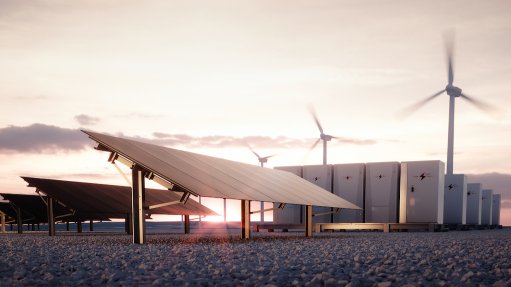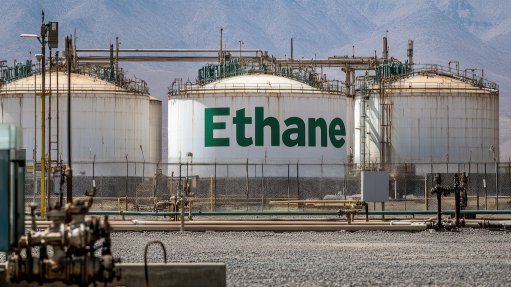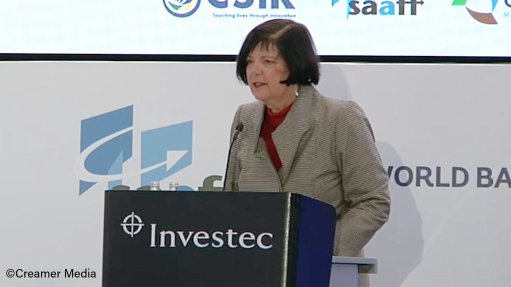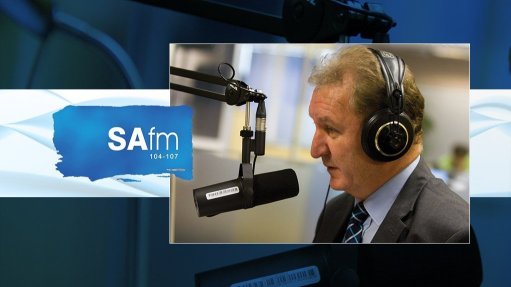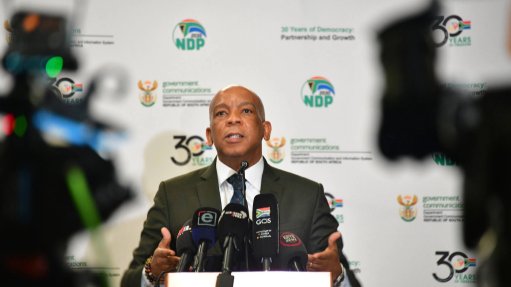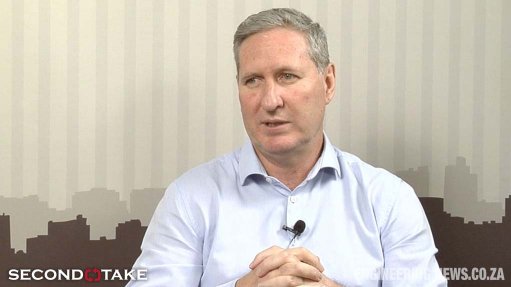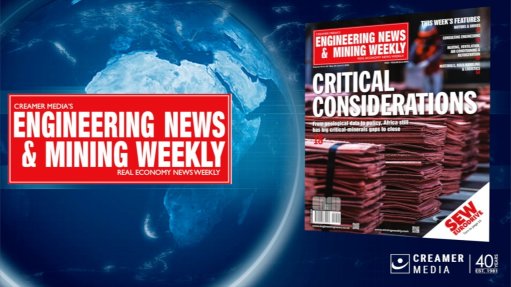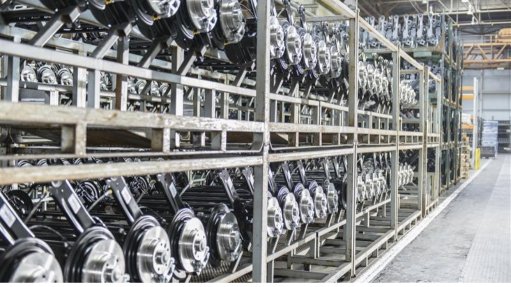Fitch Solutions says COP26 commitments did not deliver as expected
A year on from the COP26 conference not much has progressed on the climate change-related infrastructure front, mostly owing to the implications of the Ukraine war, a tightening global monetary policy environment and competing domestic priorities across the world.
Research agency Fitch Solutions Country Risk & Industry Research says the next United Nations climate change conference, COP27, which is being held from November 6 to 18 in Egypt, will highlight the competing global priorities between maintaining fossil fuel-related infrastructure in the near term, exploring nascent low-emission areas of infrastructure and seeking to close outright infrastructure gaps.
Fitch Solutions political risk associate director Matt Sechovsky reports that there has been little realised commitments to Nationally Determined Contributions in the last year, barring Brazil and Australia, which are experiencing policy shifts as new governments have entered, or are due to enter, into power.
He adds that governments globally have not done much to contribute to the $100-billion climate finance committed by developed countries during COP26.
“We have seen increases in inflation and concerns around the wider economy, but climate change remains an issue of focus. It seems like COP27 may be a platform for political wrangling, with little updates to pledges. Tensions between the US and China, in particularly, do not seem to be dissipating,” says Sechovsky.
Despite this tepid backdrop, Fitch Solutions points out that an increased focus on energy consumption is underlining the need for investment in the energy efficiency of buildings to ensure the realisation of the low-carbon energy transition.
The agency says oil and gas commitments are particularly out of sync with a 1.5 ˚C pathway, with few pledges targeting this sector during COP26, and with little impact or progress from those that were made.
Although the Global Methane Pledge, launched at COP26 last year to catalyse action to reduce methane emissions, was a landmark achievement, it falls far short of Paris Agreement alignment, Fitch Solutions explains.
Looking ahead, security of supply concerns are at the fore in Europe, following Russia’s invasion of Ukraine, and global energy markets are struggling to adapt, which limits the scope for deeper decarbonisation strategies at COP27.
Key focus areas for the oil and gas industry remain fossil fuel defunding, carbon pricing developments, emissions monitoring and verification standards, interim climate targets and demand destruction in hard-to-abate sectors.
In the power space, Fitch Solutions says coal-fired power generation will peak in the near term, before declining in the medium term, with the sector seeing near-term upside owing to energy supply security concerns globally. Chinese and European demand for coal increased rapidly in 2021 and 2022.
However, China, the US, Germany and Japan all have plans for large-scale declines in coal-fired power generation output. Indonesia and Vietnam, as well as India, remain growing coal-fired power generation markets.
Fitch Solutions confirms that renewable energy capacity development has been rising significantly in response to power sector shortfalls and policy shifts within Europe and the US.
The European Commission had increased its renewable energy target from 40% to 45% by 2030, for example.
A large shift in policy is also occurring in Australia, since COP26, with the country committing to reduce emissions by 43% by 2030, compared with 2005 levels, and achieving net-zero emissions by 2050.
Australian politician Anthony Albanese has been making inroads with Australia’s climate action through legislation, driving ambitious renewable energy targets in particular.
Fitch Solutions expects the global hydrogen pipeline to continue expanding, with 400 commercial projects in the pipeline, compared with 150 in 2021.
The agency believes green hydrogen has emerged as a key ingredient in emissions reduction, and forms a core part of the renewable energy strategy of the European Union. COP27 will likely see a strong emphasis on low-carbon hydrogen, compared with COP26, as policy support for green hydrogen is increasing globally.
On the automotive front, 14 original-equipment manufacturers have signed the Zero Emission Vehicle (ZEV) Declaration, which requires that all sales of new cars and vans be zero-emission globally by 2040 and by no later than 2035 in leading markets.
The United Nations plans on relaunching the ZEV Declaration this year.
In the meantime, volatile metal prices are limiting electric vehicle adoption rates, particularly that of lithium carbonate, cobalt and nickel. Nonetheless, there is exponential growth in automakers investing upstream in metal mining projects, with a particular surge in these investments since COP26.
Moreover, Fitch Solutions expects sub-Saharan African countries to demand more climate funding as it is experiencing more extreme weather events. The agency expects resource conflict to intensify in the region as a result of climate change, while the climate crisis is also exacerbating income inequality.
Comments
Press Office
Announcements
What's On
Subscribe to improve your user experience...
Option 1 (equivalent of R125 a month):
Receive a weekly copy of Creamer Media's Engineering News & Mining Weekly magazine
(print copy for those in South Africa and e-magazine for those outside of South Africa)
Receive daily email newsletters
Access to full search results
Access archive of magazine back copies
Access to Projects in Progress
Access to ONE Research Report of your choice in PDF format
Option 2 (equivalent of R375 a month):
All benefits from Option 1
PLUS
Access to Creamer Media's Research Channel Africa for ALL Research Reports, in PDF format, on various industrial and mining sectors
including Electricity; Water; Energy Transition; Hydrogen; Roads, Rail and Ports; Coal; Gold; Platinum; Battery Metals; etc.
Already a subscriber?
Forgotten your password?
Receive weekly copy of Creamer Media's Engineering News & Mining Weekly magazine (print copy for those in South Africa and e-magazine for those outside of South Africa)
➕
Recieve daily email newsletters
➕
Access to full search results
➕
Access archive of magazine back copies
➕
Access to Projects in Progress
➕
Access to ONE Research Report of your choice in PDF format
RESEARCH CHANNEL AFRICA
R4500 (equivalent of R375 a month)
SUBSCRIBEAll benefits from Option 1
➕
Access to Creamer Media's Research Channel Africa for ALL Research Reports on various industrial and mining sectors, in PDF format, including on:
Electricity
➕
Water
➕
Energy Transition
➕
Hydrogen
➕
Roads, Rail and Ports
➕
Coal
➕
Gold
➕
Platinum
➕
Battery Metals
➕
etc.
Receive all benefits from Option 1 or Option 2 delivered to numerous people at your company
➕
Multiple User names and Passwords for simultaneous log-ins
➕
Intranet integration access to all in your organisation






